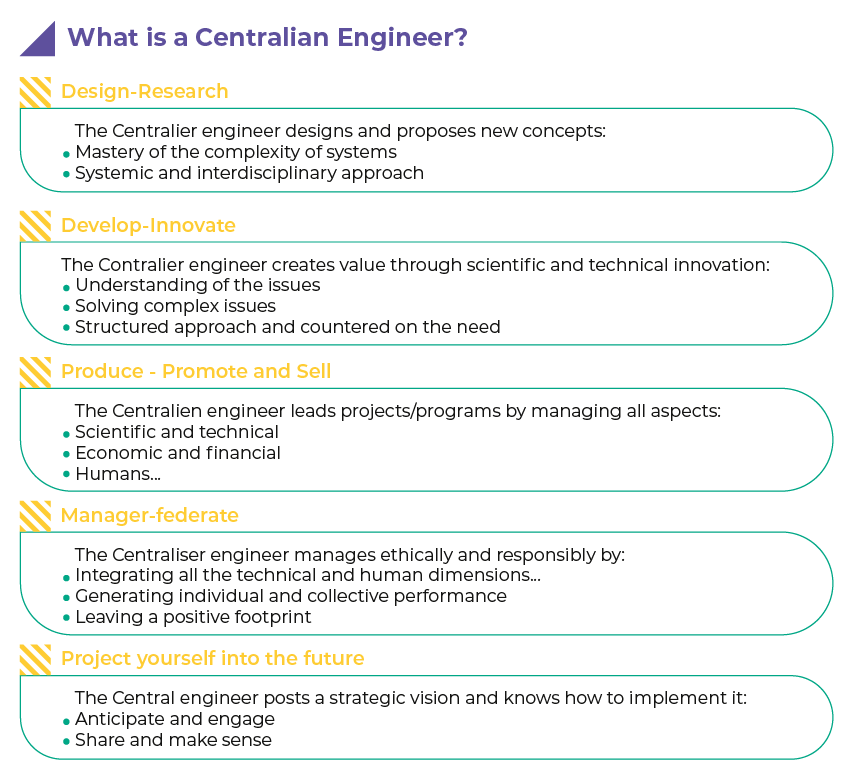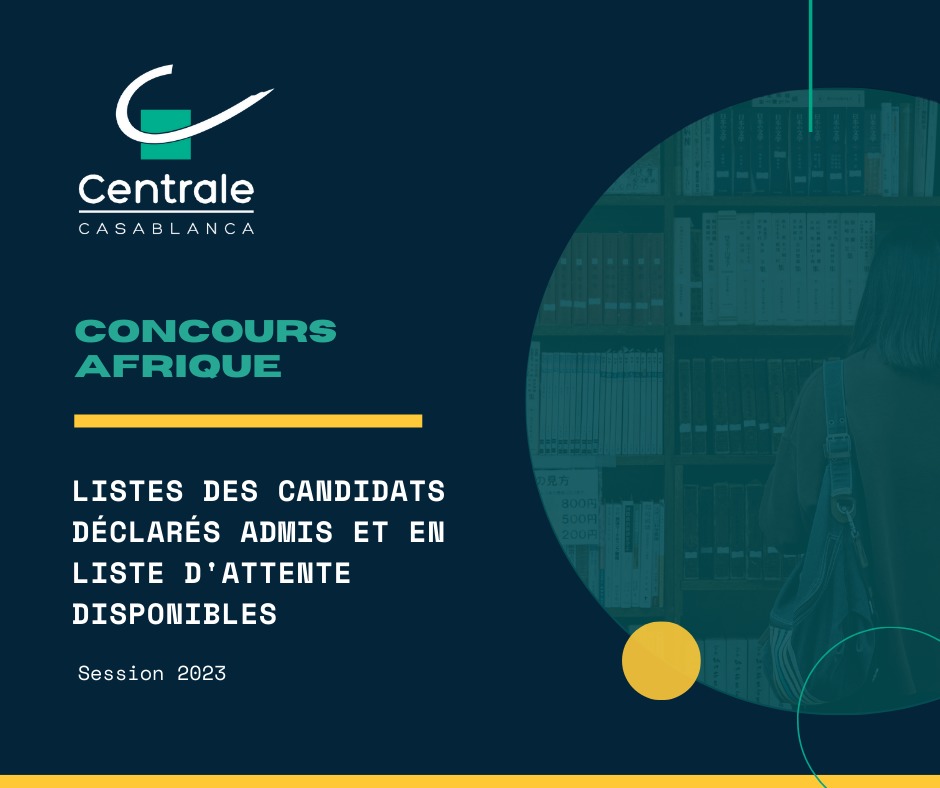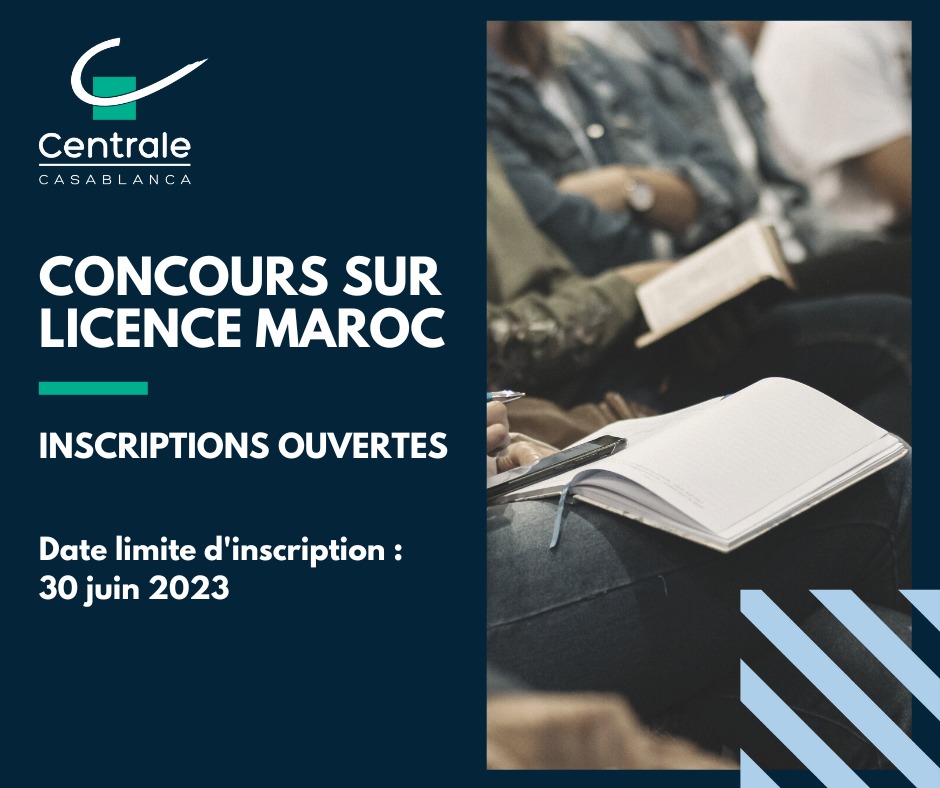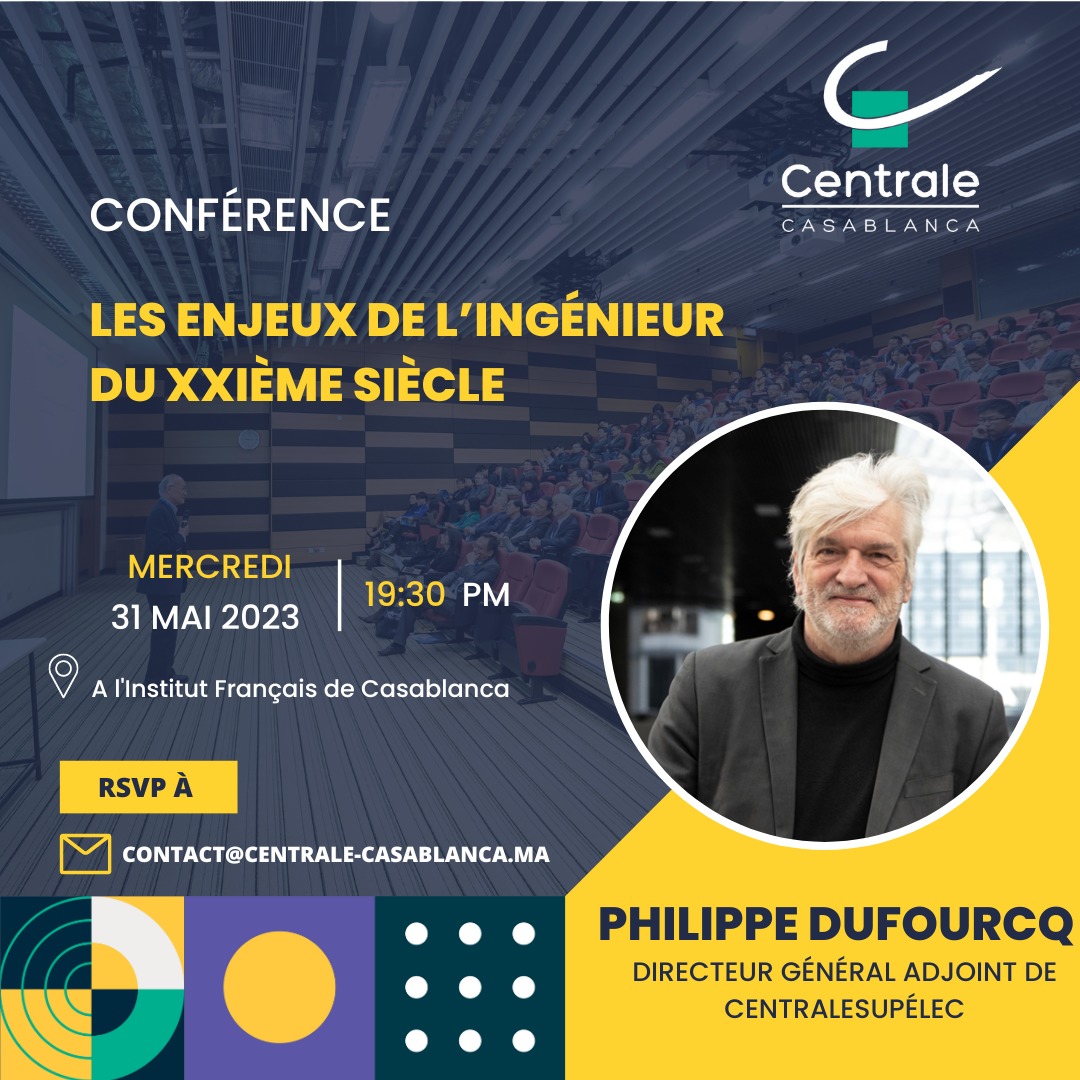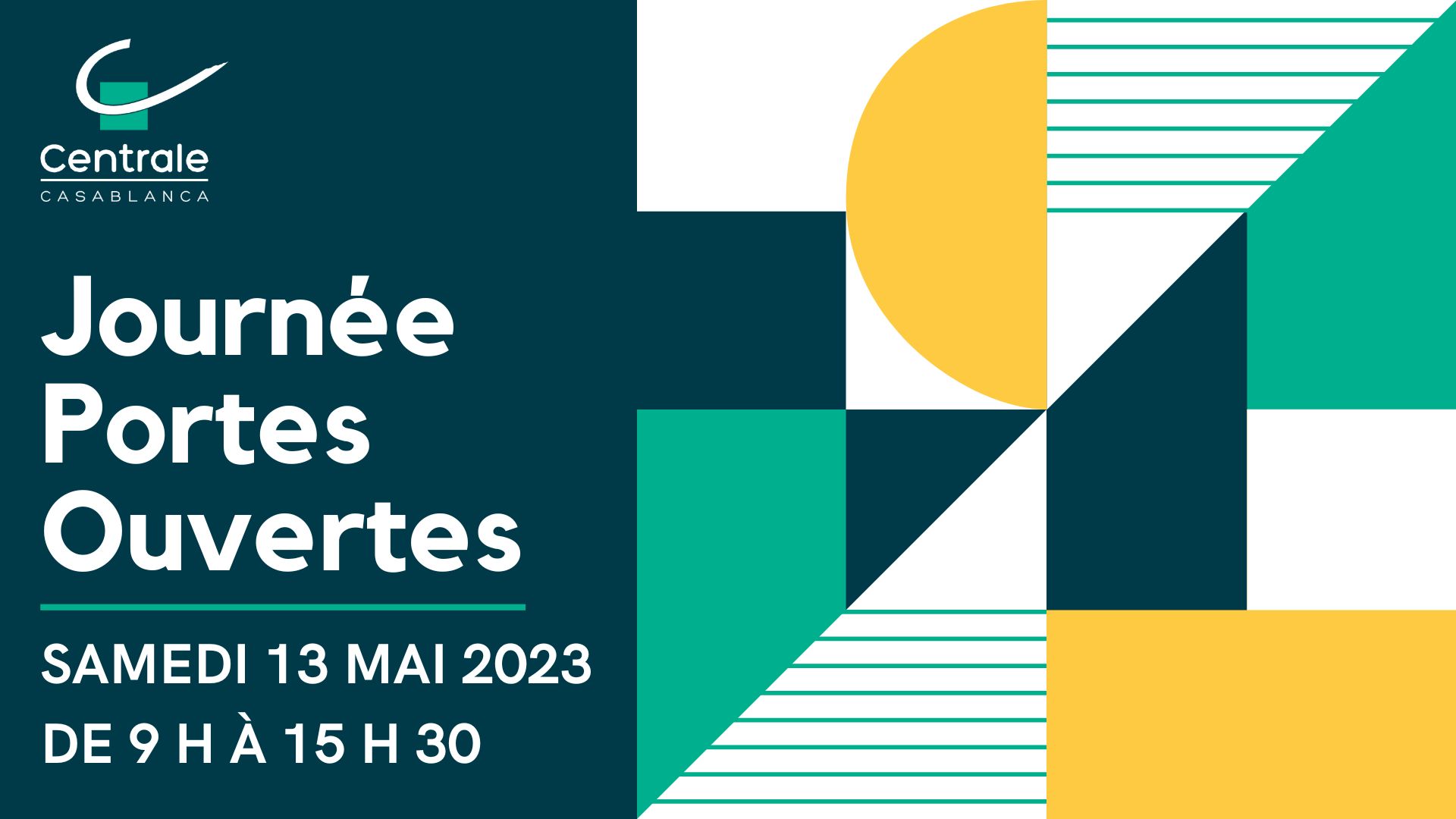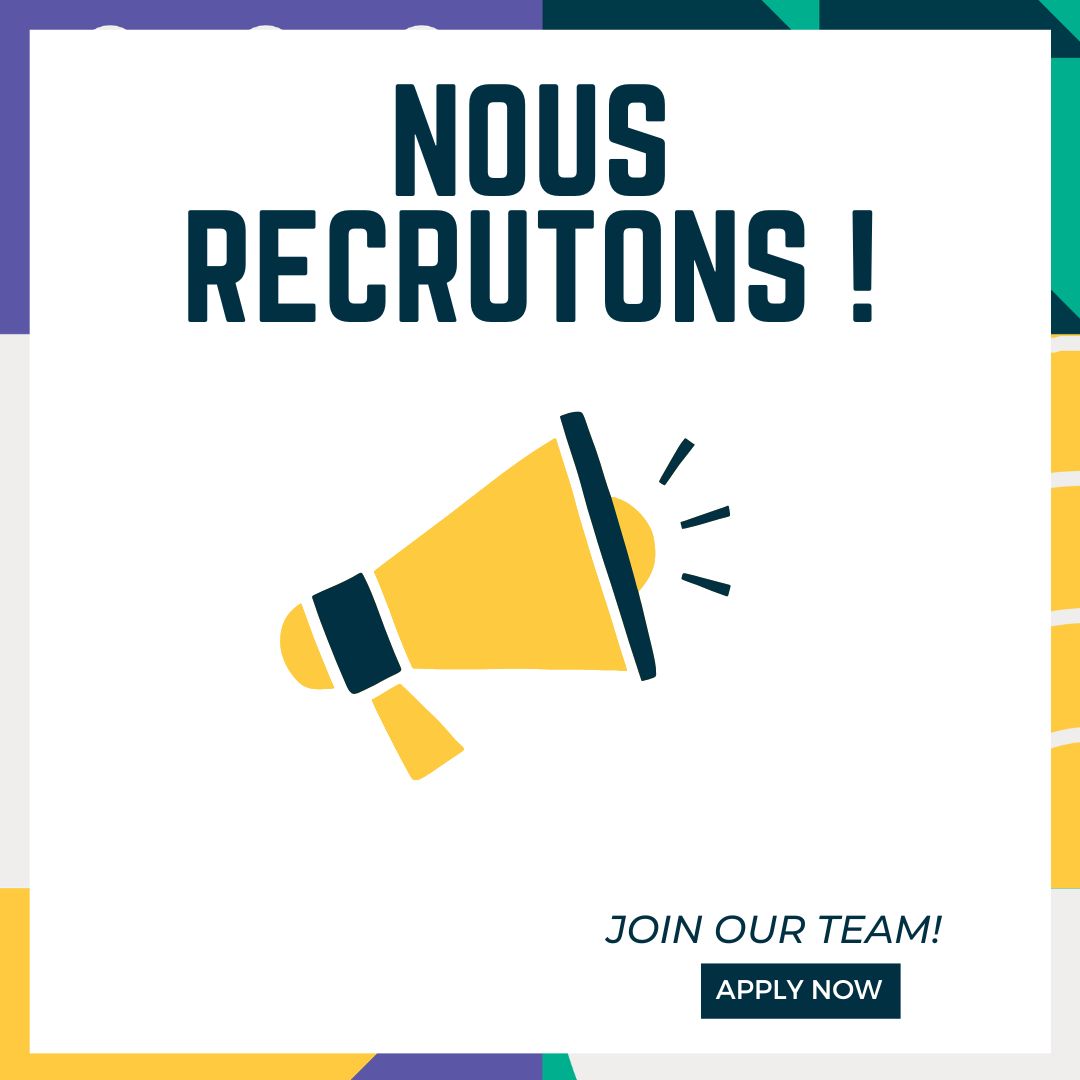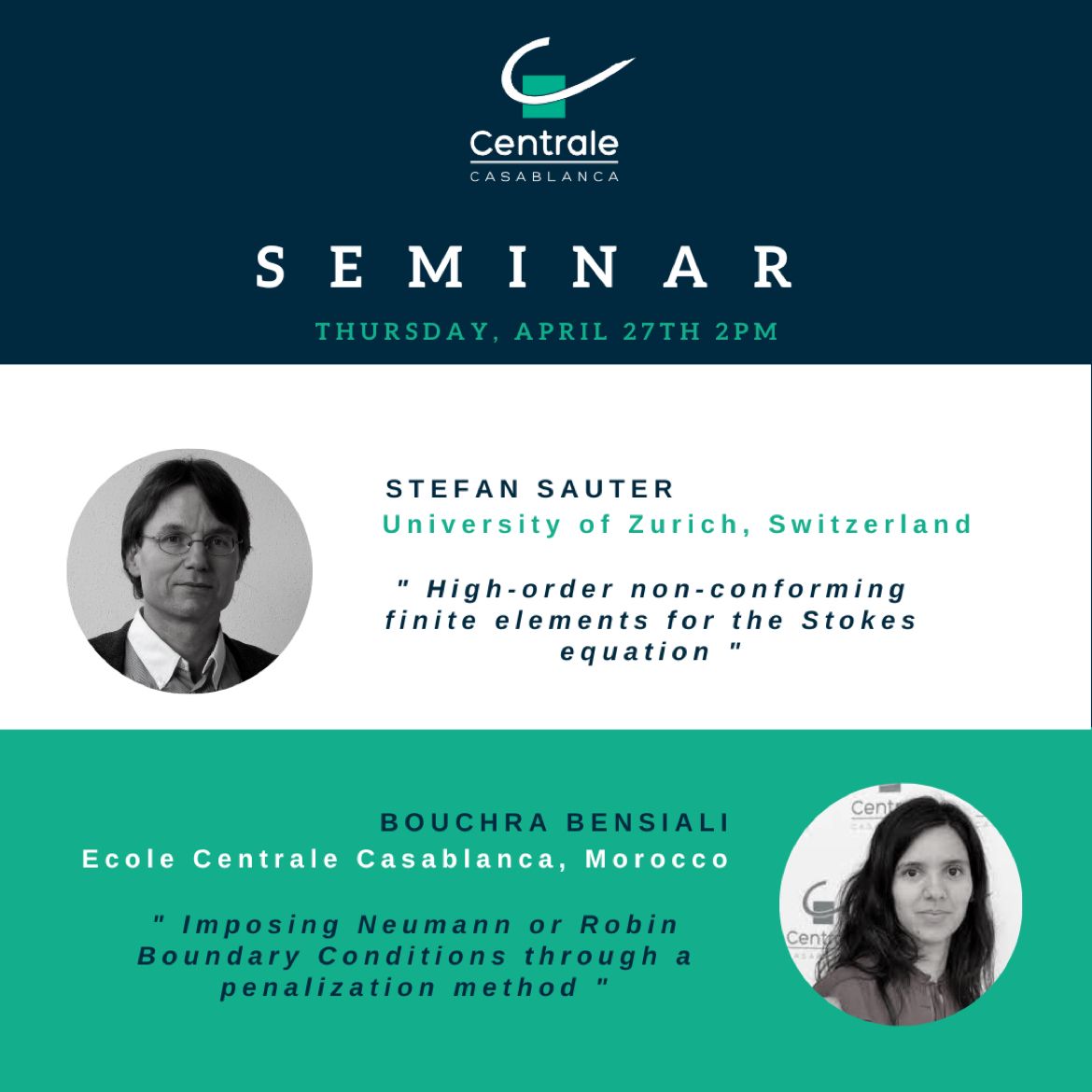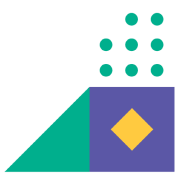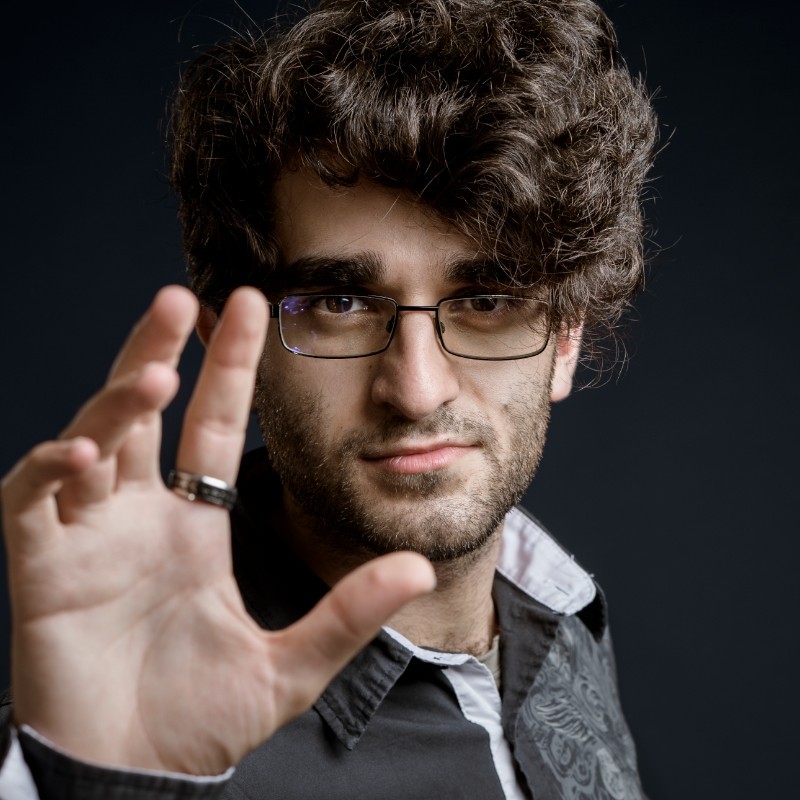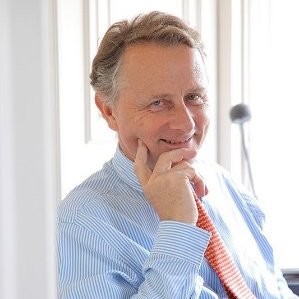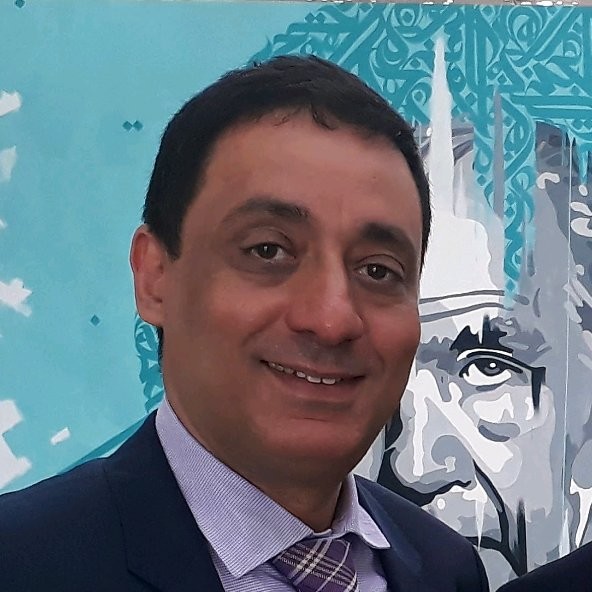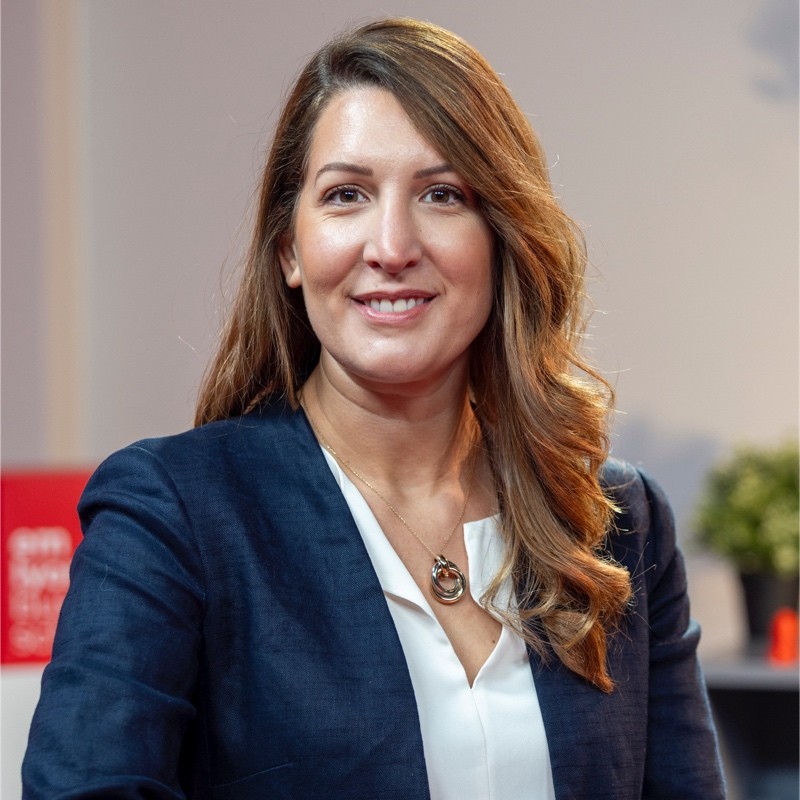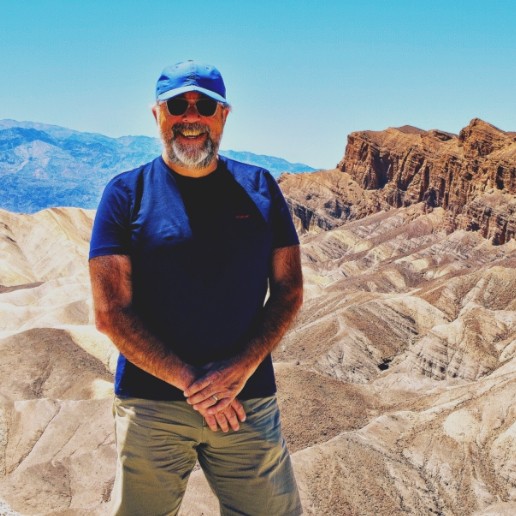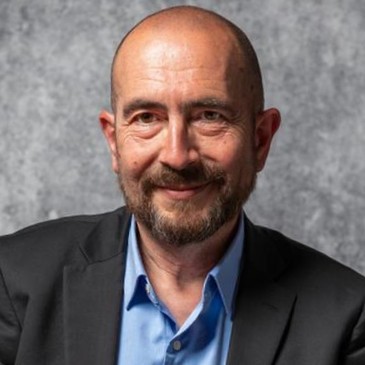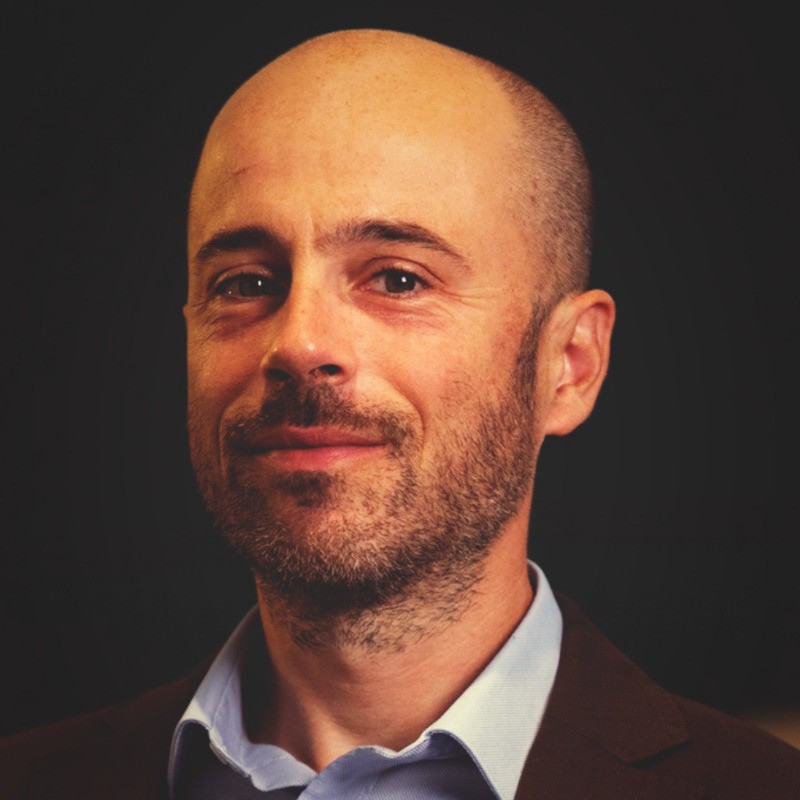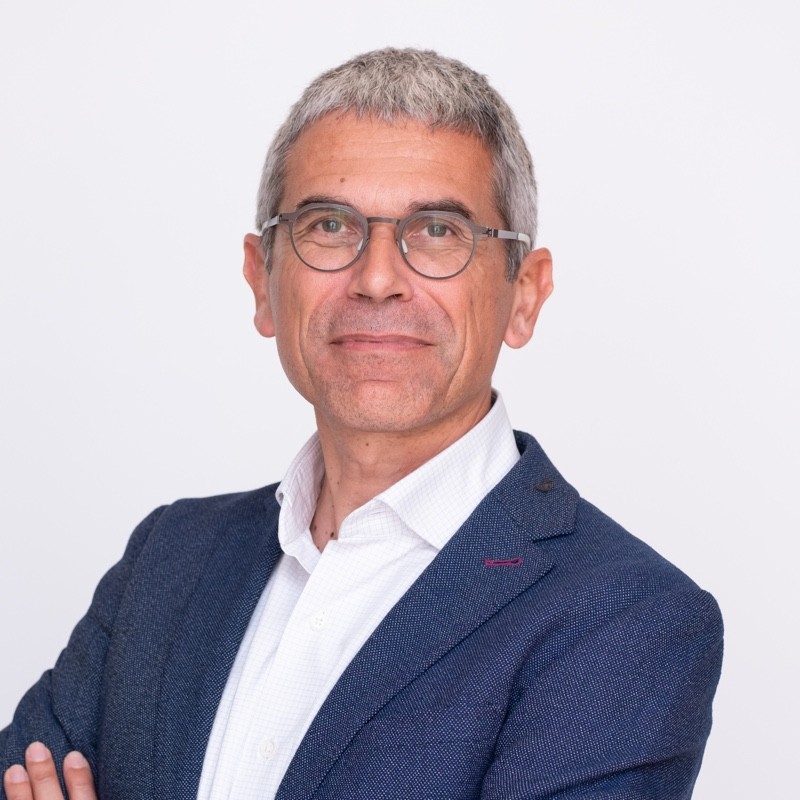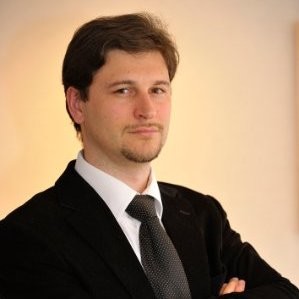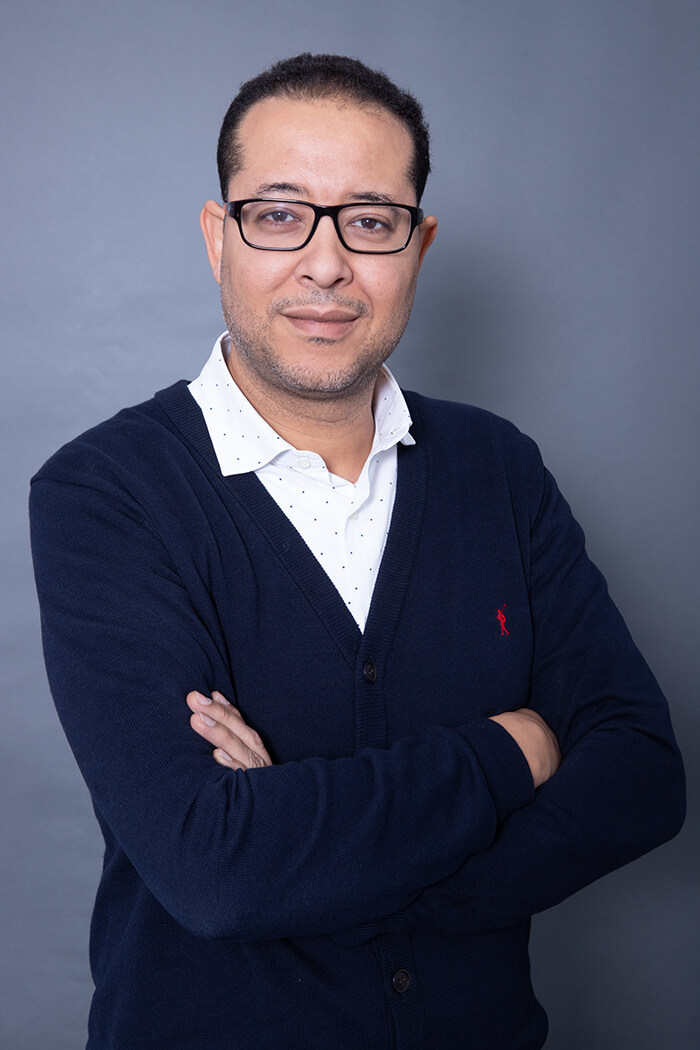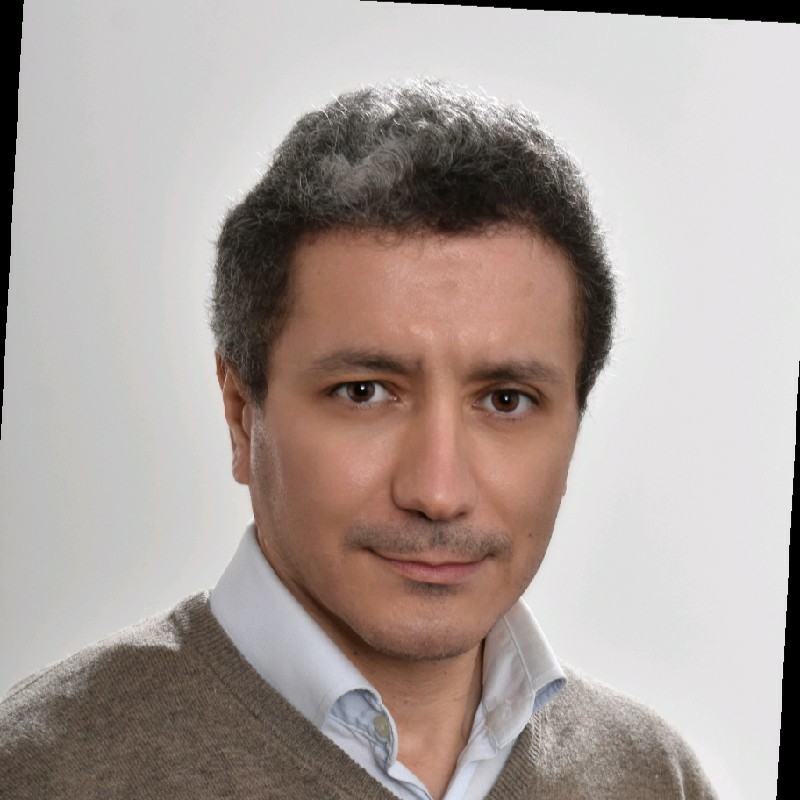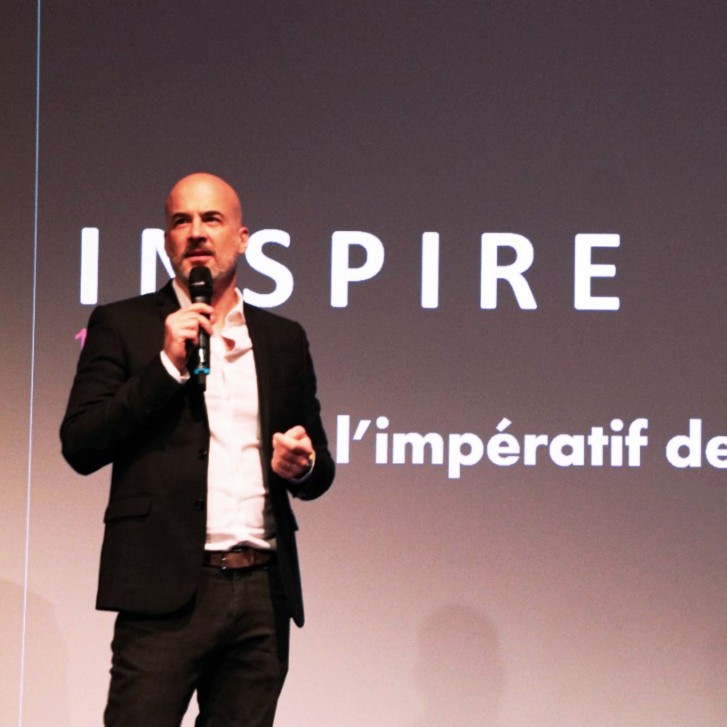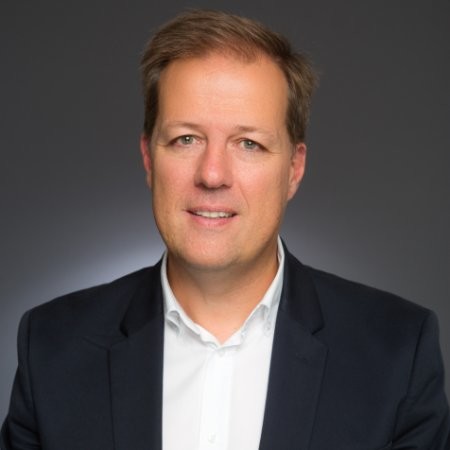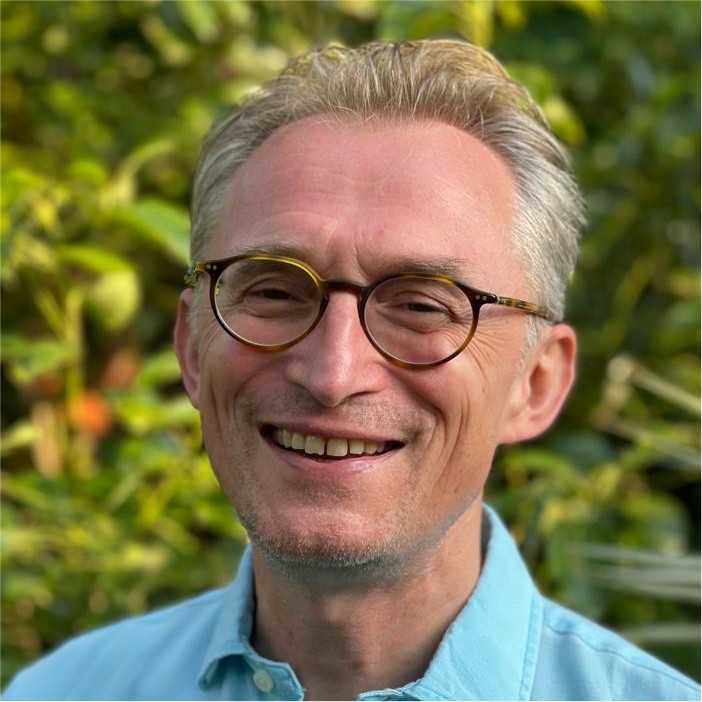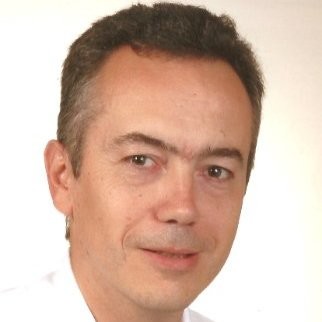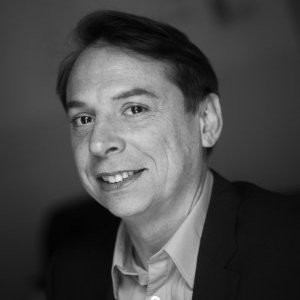The curriculum
- Admission pathways
Mobility and Dual Degree Programs
- Career Observatory
Internships and gap year (sabbatical)
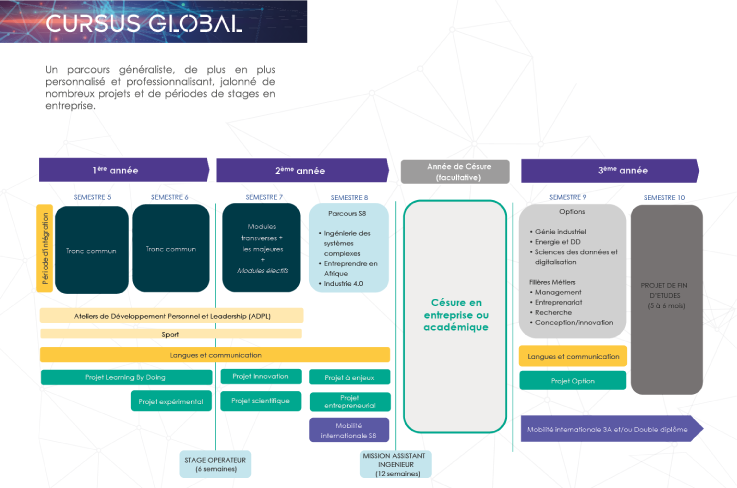
Find out more about each semester:
Semestre 5
Semestre 6
Semestre 7
Semestre 8
Semestre 9
A high-level generalist engineer, the Centrale Casablanca graduate is at the cutting edge of science and technology. Its mission is to respond innovatively to the challenges of 21st century society in all its complexity.
Based on the École Centrale-Supélec model, the three-year engineering student program leads to the award of a Moroccan state diploma, recognized as a French state engineering diploma.
Alongside the essential scientific fundamentals, Ecole Centrale Casablanca places a strong emphasis on active pedagogies and fostering a connection with the industry. :
- Project-based learning, throughout the academic program, on topics proposed by partner companies. ;
- Interdisciplinarity and systemic approach to complexity, to overcome disciplinary divides and address the most complex societal challenges of our time. ;
- Differentiated curricula and modular, taking into account the specificities of each individual. ;
- Significant corporate experience, in the form of long-term internships, with dedicated support, fully integrated into the apprenticeship curriculum ;
- International Trackmandatory with a period of at least six months abroad in the form of a study or internship stay, notably in the Centrale Schools in France, China, and India ;
- Tutoring and mentoring, to develop behavioral skills known as “soft skills” and to develop a personal project ;
- Digital technologies in education: in a collaborative mode with students from the Centrale Schools network ;
- Confrontation with ambiguity, to uncertainty and the complexity of real-world problems.;
Active contributionactive contribution to the design of teaching, participatory approach, flipped classrooms.
To become a Centralien, you need a demanding scientific training, designed to teach you how to structure your initially scattered knowledge into knowledge, so as to be able, in the end, to reformulate the problems you face into relevant, more global issues; All this is achieved by confronting the vagueness and uncertainty of situations perceived as complex because of their interdisciplinarity and the interactions that prevail. Project work is at the heart of this learning process.
In the first year (S5 and S6), students have a project to complete: an Enjeux project.
Carrying out a professional project devoted to a social issue enables students to learn to work as part of a team and develop their leadership skills within a group. It also enables him to :
- Give meaning to their future as engineers by confronting them with the major issues and challenges of the 21st century
- Discover one of the major social issues they could be working on in the future
- To confront ambiguity, uncertainty, and complexity
Each project is carried out by a group of 4-5 students, led by a tutor teaching at the school and a company tutor.
In the second year (S7), students have two projects to complete: an innovation project and a scientific project.
The Innovation Project aims to develop the students’ ability to innovate:
By practicing one of the engineering professions to :
- Produce scientific knowledge (research),
- Develop products and techniques (development),
- Design products, services or organizations (conception),
- Set up structures or events (organization).
By developing project-based work to :
- Acquire autonomy in the global vision of a project and the ability to program,
- Develop realism, concrete achievements (prototypes, scientific results, models, events…) and real relationships,
- Develop your leadership skills and drive your ideas forward.
By adopting an innovative posture and approach based on ambition and disciplinary openness:
- Knowing how to go beyond the initial working hypotheses when faced with the challenges of the project ;
- Be creative and willing to change the system;
- Compare your ideas with the current state of knowledge and achievements.
The Grand Challenges of the 21st Century Project aims to enable students to:
- Give meaning to their future as engineers, by confronting them with the major scientific challenges of the 21st century.
- Discover one of the major knowledge challenges they may face
- Confronted with vagueness and uncertainty
- Take charge of a theoretical or conceptual project
The four major domains or concepts explored are:
- Theoretical physics.
- Biology.
- Mathematical economic models and the scope of their representativeness.
- Complexity.
Personal development and leadership workshops, improvisational theater, yoga, numerous physical and sports activities… Ecole Centrale Casablanca places major emphasis on the acquisition of interpersonal skills (creativity, adaptability, autonomy, interpersonal skills, self-control, resistance to tension, etc.).
Often referred to as soft skills (in contrast to hard skills, which refer to technical and/or academic skills), these personal and interpersonal skills are a key criterion for recruiters. This is why Ecole Centrale Casablanca has chosen to set itself apart from other engineering schools by making the personal balance of its students one of the pillars of its pedagogical model.
So, in addition to the scientific and technical skills they acquire throughout their engineering training, students are strongly encouraged to develop their sense of creativity, their ability to solve problems, to make decisions in uncertain contexts, to think critically, to know how to communicate, and so on.
Led by professional coaches, the Personal Development and Leadership Workshops enable students to :
- Become aware of the way they are, discover their talents, learn to value them, and boost their self-confidence;
- Manage their emotions effectively and develop their emotional intelligence;
- Manage stress by identifying stress factors and learning how to overcome them;
- Improve their interpersonal relations, through a better understanding of others, their personalities and motivations, and learn to work as part of a team;
- Know how to deal with relational tensions and conflict situations, in particular through non-violent communication, in order to resolve them effectively;
- Develop their leadership skills, supervise a team ;
- Develop their eloquence, public speaking skills, etc.
École Centrale Casablanca gives its students the opportunity to open up to a diversity of foreign cultures and languages.
Mohammed Boubou, Director of International Relations :
« This openness is fully in line with the School’s educational project, and enables students to benefit from it in ways that are both rich and necessary. Engineering professions are becoming increasingly international in scope, requiring future engineers to make foreign languages and cultures an integral part of their personal and professional projects ».
At Ecole Centrale Casablanca, the study of English is compulsory: students have 2 hours of lessons per week from the first year.
In the first year, a French Communication course (2 hours per week) is also compulsory.
At the end of their studies, students must have a C1 level in English, with a minimum TOEIC score of 785. They must also be fluent in French (B2 intermediate level).
The study of a third language (introduction to Spanish) is possible from the second year, provided the student has a good level in both English and French.

